What is Yasmin?
How does it work?
Yasmin’s contraceptive effect is based on the interaction of various factors, the most important of which is the inhibition of ovulation and changes in the endometrium. Yasmin is a combined oral contraceptive consisting of ethinyl estradiol and the progestogen drospirenone. In therapeutic doses, drospirenone also has antiandrogenic properties and mild antimineralocorticoids. Lacks any type of estrogenic, glucocorticoid, or antiglucocorticoid. This gives drospirenone a pharmacological profile very similar to that of natural progesterone.
Data from clinical studies indicate that the mild antimineralocorticoid properties of Yasmin produce a light antimineralocorticoid effect.
What are the benefits of taking it?
How do I use it and its dosage?
Take one Yasmin birth control pill every day, with some water if necessary. You can take the tablets with or without food, but every day at approximately the same time.
The blister contains 21 tablets. The day of the week on which it should be taken is printed next to each tablet. If, for example, you start on a Wednesday, take a tablet with “WED” next to it. Follow the direction of the arrow on the blister until you have taken all 21 tablets.
Then you should not take any tablets for 7 days. Throughout these 7 days when no tablets are taken (called a rest week), menstruation should take place. Menstruation, which may also be called withdrawal bleeding, usually begins on the 2nd or 3rd day of the rest week.
On the 8th day after taking the last Yasmin tablet (that is, after the 7-day rest period), you should start with the next blister pack, even if the bleeding has not yet finished. This means that you should start each blister on the same day of the week and that menstruation should take place on the same days each month.
If you use the Yasmin oral contraceptive pill in this way, you are also protected from pregnancy during the 7 days when you do not take any tablets
Side effects & precautions
Like all medicines, Yasmin contraceptive pills can cause side effects, although not everybody gets them. If you experience any side effects, especially if they are severe and persistent, or if you have any health change that you think may be due to Yasmin, see your doctor.
All women taking combined hormonal contraceptives are at increased risk of developing blood clots in the veins (venous thromboembolism (VTE)) or blood clots in the arteries (arterial thromboembolism (ASD)).
The following list of adverse effects has been related to the use of Yasmin:
Common side effects (may affect up to 1 in 10 people):
- menstrual disorders, breakthrough bleeding, breast pain, breast tenderness
- headache, depressed mood
- migraine
- sickness
- thick whitish vaginal discharge and vaginal yeast infection
Uncommon side effects (may affect up to 1 in 100 people):
- increased breast size, changes in interest in sex
- high blood pressure, low blood pressure
- vomiting, diarrhea
- acne, rash, severe itching, hair loss (alopecia)
- infection of the vagina
- fluid retention and changes in body weight
Rare side effects (may affect up to 1 in 1,000 people):
- allergic reactions (hypersensitivity), asthma
- breast discharge
- Hearing problems
- skin disorders such as erythema nodosum (characterized by painful reddish skin nodules) or erythema multiforme (characterized by skin rash with target-shaped redness or ulcers)
- harmful blood clots in a vein or artery, for example:
- On one leg or foot (i.e., DVT).
- In a lung (i.e., EP).
- Heart attack.
- Ictus
- Mild stroke or temporary symptoms are similar to those of a stroke, which is called a transient ischemic accident (TIA).
- Blood clots in the liver, stomach/intestine, kidneys, or eye.

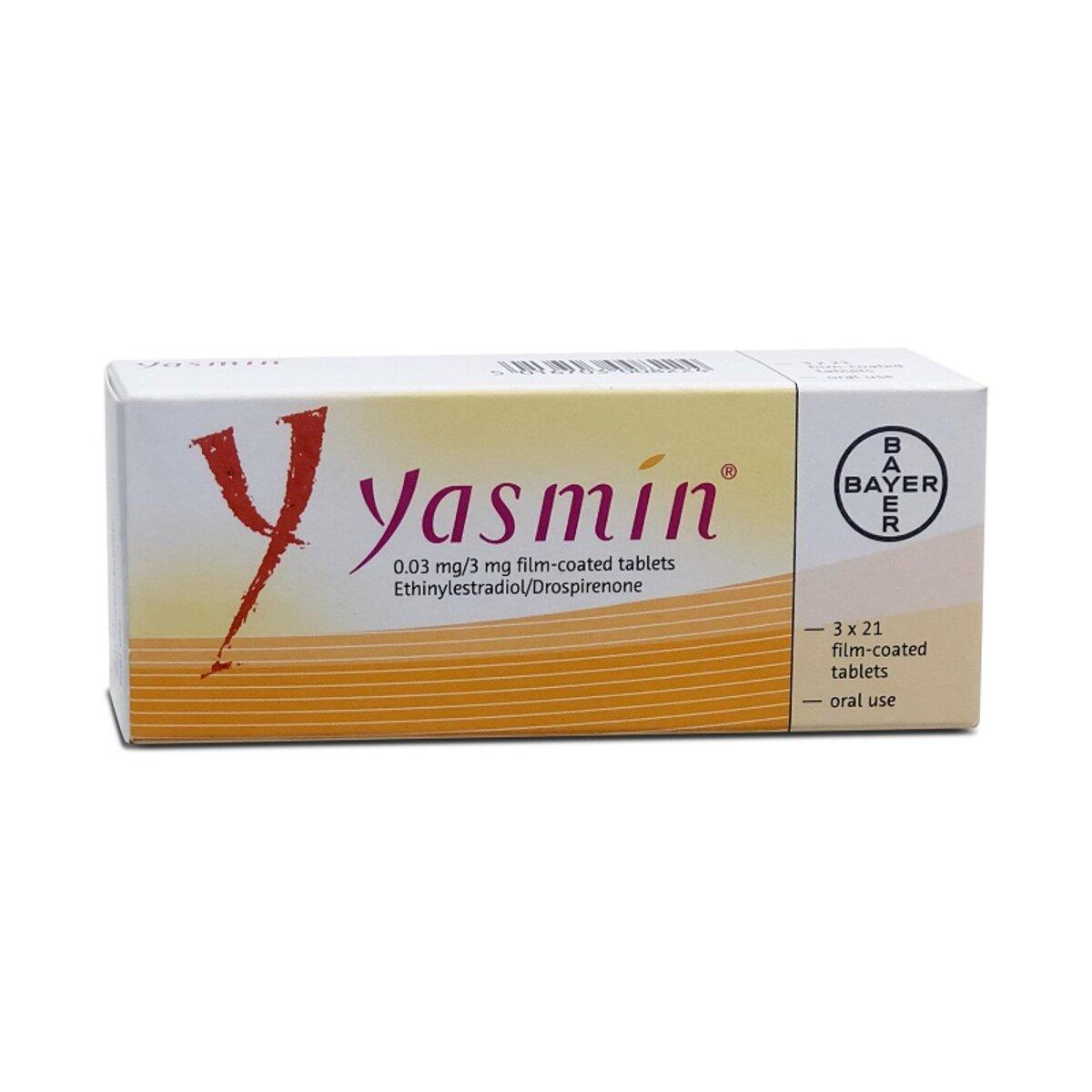
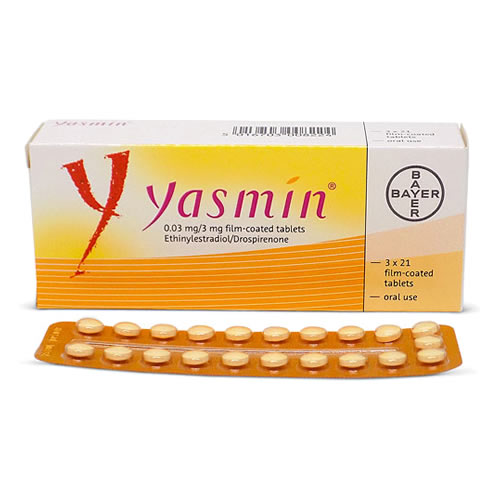
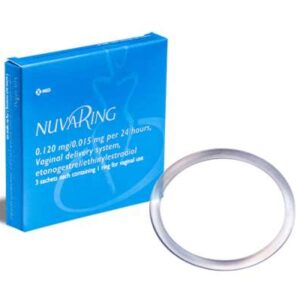
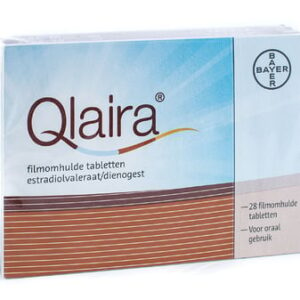
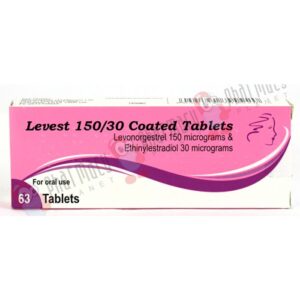
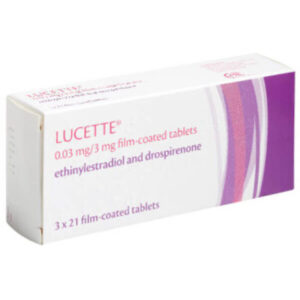
Reviews
There are no reviews yet.